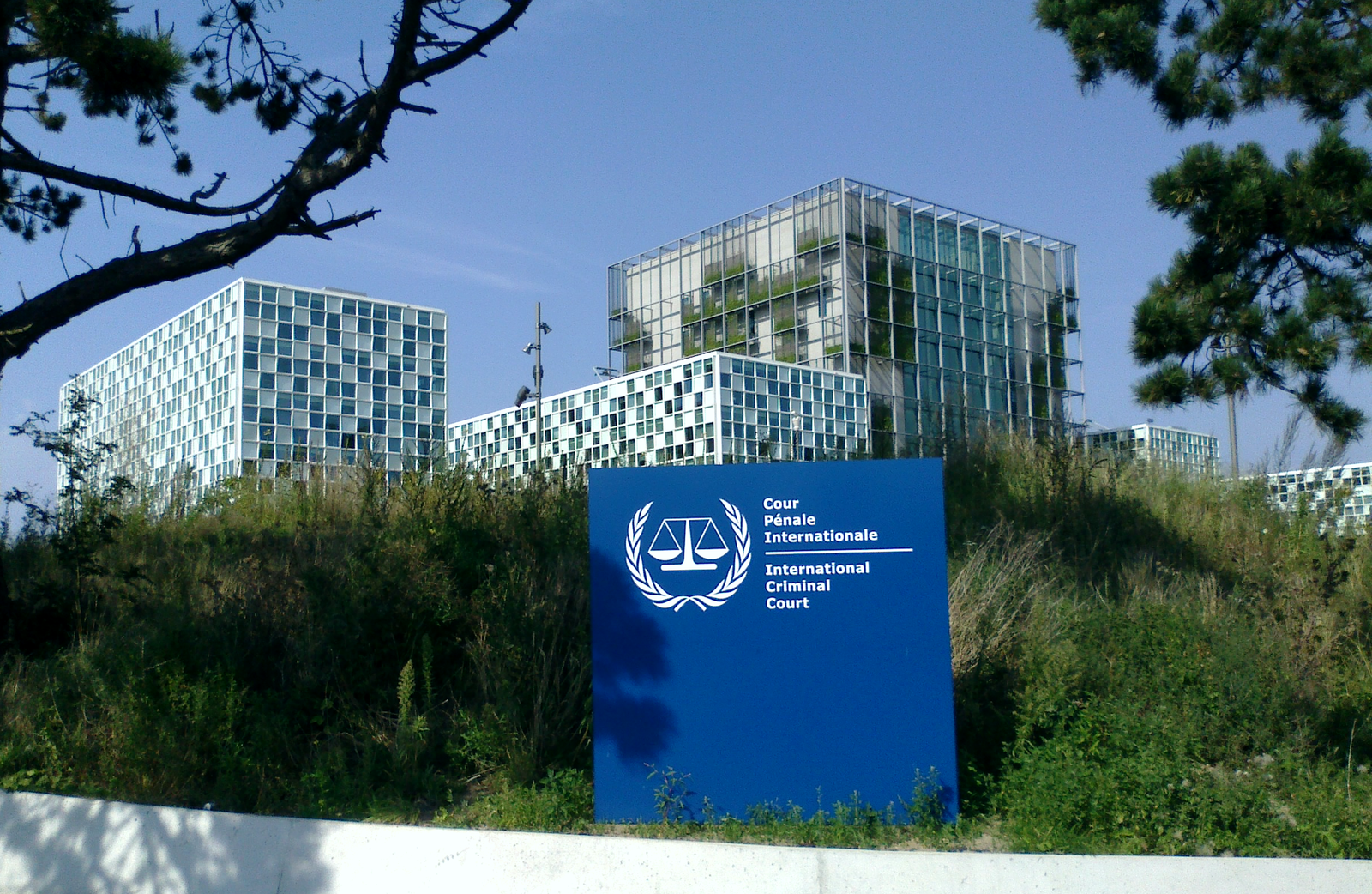
As Russian forces continue their assault on Ukraine, there is growing evidence of war crimes and other atrocities in Borodyanka, Bucha, Mariupol, Kramatorsk, and elsewhere. Ukrainian president Volodymyr Zelenskyy, U.S. president Joe Biden, and other world leaders have even described Russian violence as genocide. Accordingly, international courts have come into heightened focus.
The International Criminal Court (ICC), seated in The Hague, Netherlands, is one possible venue to hold Russian leaders criminally accountable. But it has limits. The ICC is a court of last resort, intended to intervene when countries of concern prove unwilling or unable to conduct their own investigations and prosecutions. The evidence is increasingly clear that Russia is unwilling.
However, Russia is not a party to the Rome Statute, the international treaty that underpins the ICC, and it rejects the court’s jurisdiction on these grounds. Regardless, the ICC is concerned with the abuses in Ukraine because the country has accepted the court’s jurisdiction. Any atrocity that has taken place on Ukrainian soil is fair game.
Still, the ICC is an institution with a global mandate, currently with criminal probes in nearly two dozen countries. It also has limited resources. The promise of the ICC, and the international justice system more generally, is for domestic courts to assume the bulk of responsibility for trying international crimes. While Russia is unwilling, Ukraine is willing – and so are many other countries in Europe.
Ukrainian Prosecutor-General Iryna Venediktova affirmed that sentiment, saying, “while courts around the world are working to hold Russia accountable, the bulk of the investigation––and the largest number of prosecutions––will be done by Ukraine itself.” Ukrainian courts will be critical for delivering justice for Russia’s apparent war crimes and crimes against humanity, and possibly genocide.
What is the ICC, and what does it do?
The ICC was established in 1998 as the first and only permanent court able to try individuals accused of serious crimes of concern to the international community: war crimes, crimes against humanity, genocide, and aggression. (Other permanent international courts, like the International Court of Justice, can settle interstate disputes but cannot prosecute individuals). Before the ICC, atrocity crimes suspects were tried in ad hoc criminal tribunals––such as the Nuremberg trials after World War II, which Zelensky referenced in an April 5 statement.
The ICC’s founding document is the Rome Statute, which has been ratified by 123 countries. Notably, neither Russia nor Ukraine is an ICC member, but Ukraine has accepted the ICC’s jurisdiction under Article 12 of the Rome Statute for violations committed on its territory since 2013. That’s how Russia is “on the hook” for abuses in Ukraine, despite not being an ICC member.
The ICC is the last option, not the first
While Ukraine has accepted the court’s jurisdiction, Article 17 of the Rome Statute sets limits on the ICC’s actions. The court can only try a case that has not been tried in domestic courts, or where domestic authorities have proved “unwilling or unable” to genuinely carry out investigations and prosecutions.
This system of “complementarity,” where the ICC acts in concert with national courts, was adopted to respect state sovereignty. Under international law, it is the state’s responsibility to investigate, prosecute, and punish serious crimes.
To this point, the ICC’s first chief prosecutor, Luis Moreno Ocampo, during his inauguration in 2003, said that “the absence of trials before this Court, as a consequence of the regular functioning of national institutions, would be a major success.”
To be sure, the ICC does not only handle cases from The Hague. It also works with states to conduct investigations and try cases domestically. Below, we explain how the ICC can help Ukrainian domestic courts try Russian personnel.
Trying atrocity crimes in Ukrainian courts will be important, even with the ICC investigating
There are several practical reasons why Ukrainian courts should try Russian personnel for alleged abuses. For one, trying international crimes in domestic courts generally strengthens domestic legal institutions, especially in countries coming out of conflict.
Second, it keeps justice close to home. One frequent criticism of the ICC is how far removed it is from victims and their families, and from the places where the crimes were committed. Ukrainian judges will have easier access to evidence and witnesses, and there will be more local ownership over the justice process.
There may also be a symbolic benefit, as decisions made by Ukrainian courts may seem more credible in both victims’ and perpetrators’ eyes. Successful trials could grow trust in Ukrainian institutions. On the other hand, Ukrainian courts may be accused of not being to mete out justice impartially given the history of a broken judiciary, which is one argument for relying more heavily on international courts.

Daniel Posthumus
Daniel Posthumus is a 1693 scholar and a research fellow in the International Justice Lab at William & Mary. Twitter: @danielposthumu2.
Nathanial Liu
Nathaniel Liu is a Monroe scholar and a research fellow in the International Justice Lab at William & Mary. Twitter: @nathanliu32
Zoha Siddiqui
Zoha Siddiqui is a 1693 scholar and a research fellow in the International Justice Lab at William & Mary. Twitter: @zohasiddiqui29
Kelebogile Zvobgo
Kelebogile Zvobgo is an assistant professor of government at William & Mary, a faculty affiliate at the Global Research Institute, and founder and director of the International Justice Lab. Twitter: @kelly_zvobgo









